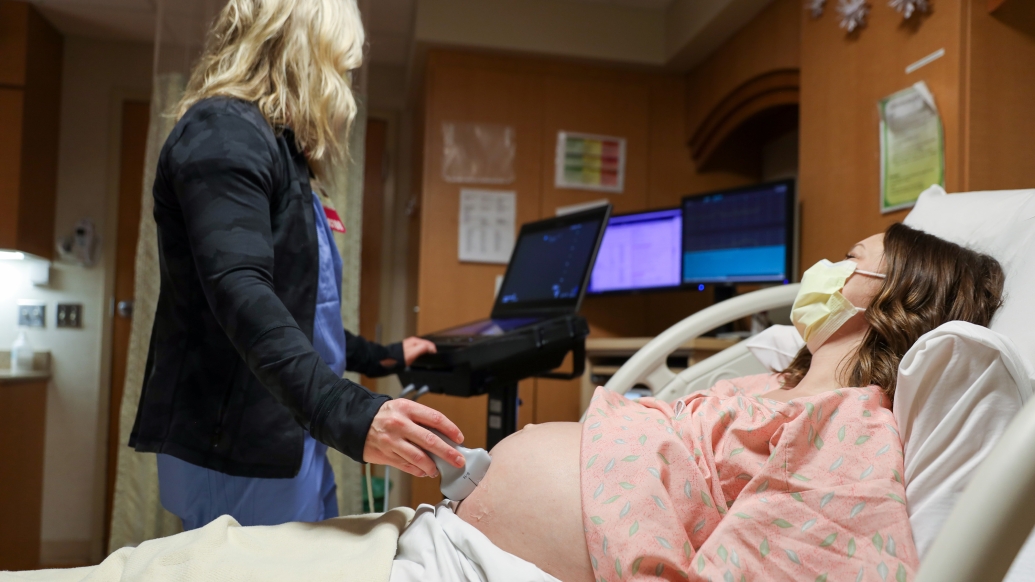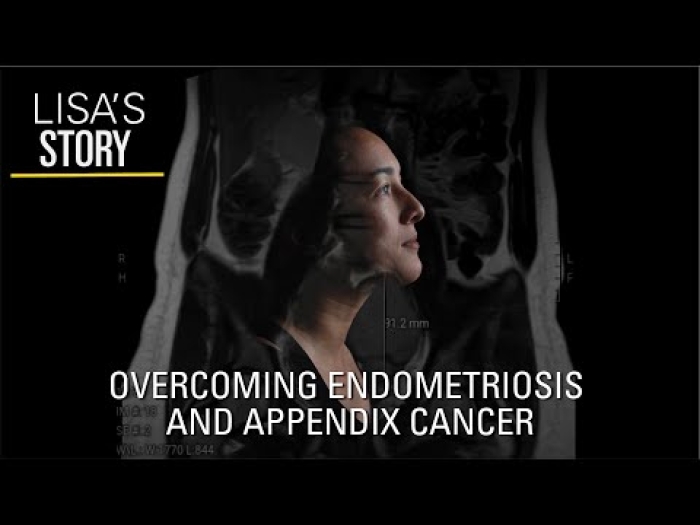In nearly two-thirds of countries, women are more likely than men to report food insecurity
5:00 AM
Author |

Pregnant, homeless, living in a shelter, or perennially food insecure, and not knowing where the next healthy meal will come from.
It’s the harsh reality for some high risk patients who receive care at Lansing’s E.W. Sparrow Hospital, part of University of Michigan Health.
Food insecurity, the limited or uncertain availability of nutritionally adequate and safe food, is has detrimental impacts on health and those impacts often hit women — and expecting mothers — especially hard.
“The lack of steady access to food has been directly linked to poor pregnancy outcomes and tougher deliveries, including low birth weight and diabetes during pregnancy,” said Tonyie Andrews-Johnson, director, Sparrow Hospital Women’s Services.
Feeding your growing family
In 2021, Sparrow launched the innovative Feeding Your Growing Family program, which is funded by a $231,206 grant from the Michigan Health Endowment Fund.
The program supports women who have food insecurity concerns while pregnant or during early postpartum and who receive care at any Sparrow site, including Sparrow’s High-Risk OB/GYN Clinic and Sparrow Labor and Delivery.
Each family is provided a cookbook, Instant Pot, kitchen utensils and non-perishable food from the Greater Lansing Food Bank.
“People who need it are getting access to nourishing food, and that’s what’s most important,” said Kelly Miller, director of philanthropy at the food bank.
Since the program started, more than 10,000 meals have been sent to expectant moms who don’t have consistent access to food.
Michigan Medicine researchers recently found that not having reliable access to food has a significant relationship to metabolic syndrome, a condition that increases risk for diseases such as diabetes and heart disease in Latinx females of reproductive age.
“It has taken a village to get this program up and running and we are so proud to help the growing families in our community,” said Johnson.
“As I was describing the Feeding Your Growing Family program to a patient, she began to cry and state how thankful she was to have our help,” said Emily Schipman, Sparrow clinical dietitian.
“We embraced and she was reassured that we will be with her, ready to help in any way we can, throughout this journey.”
Sparrow dietitians say the program has also helped to educate hundreds of women on the importance of healthy eating.
“Nutrition education equips expecting mothers with knowledge to navigate a healthy pregnancy. Positioning a registered dietitian within Sparrow’s High-Risk OB/GYN Clinic has improved access to essential care and support that patients can continue to benefit from even after delivery,” said Alex Thompson, clinical nutrition manager at Sparrow.
“If we can give women good eating techniques while they’re pregnant, hopefully it will carry on to their families,” Johnson said.
Meals at your front door
By providing free healthy food and nutrition education to at-risk mothers, the program addresses at least four common barriers to health – financial stability, education, access to resources, and finally transportation.
Many of the meals given to Sparrow patients each week are shipped directly to their front door, eliminating significant logistical barriers to obtaining healthy foods.
Researchers at Michigan Medicine say grocery delivery is a game-changing tool because it can change what foods are readily available in patients' homes, making it easier for them to eat healthy.
“Grocery delivery is inexpensive, easy, and widely available. Unfortunately, it’s an underutilized tool to support patients to live healthier lives as part of their medical treatment," said Tammy Chang, M.D., M.P.H., M.S., associate professor in the department of family medicine at Michigan Medicine and director of the Healthy Behavior Optimization.
In a recent Michigan Medicine-led study, in collaboration with Shipt.com, Chang and her colleagues found that grocery delivery of healthy foods was found to be feasible and acceptable to pregnant young women (aged 14-24 years) with low incomes.
Nearly all participants reported that grocery delivery helped them to have a healthy diet.
“Our findings suggest that investigating ways to use grocery delivery to improve access to healthy foods has the potential to help the millions of people with food insecurity eat better and significantly improve their health and the health of their families,” Chang said.

Explore a variety of healthcare news & stories by visiting the Health Lab home page for more articles.

Department of Communication at Michigan Medicine
Want top health & research news weekly? Sign up for Health Lab’s newsletters today!





